The Back Story: Part 4 – Greg Kennedy, SJ
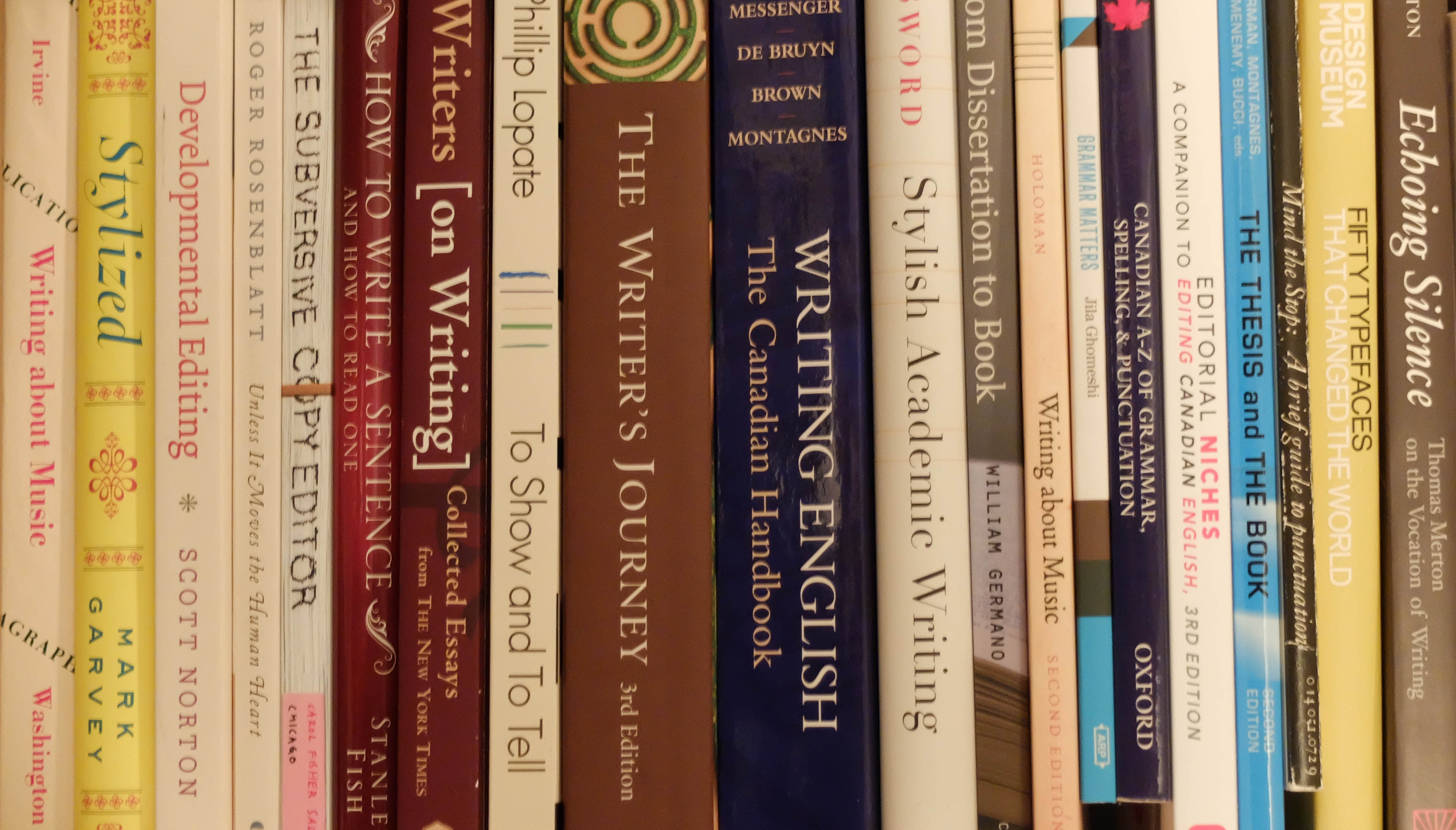
Back Story is a series about some of the regular contributors to igNation. It’s a set of short interviews with writers, their influences, how they go about writing, and what they hope their work for igNation will accomplish. The interviews address writing in general rather than zero-in on any particular piece they have authored for the blog.
Each of the participants in the Back Story series was interviewed by Kevin Burns by telephone. He asked each participant the same set of questions, plus a few more based on things that surfaced during their conversation. What follows is an edited version of a much longer conversation.
Because the igNation format has a limited word-count, each of the interviews in this series will include an additional audio component: “To hear more about [whatever the topic might be]: Click here.”
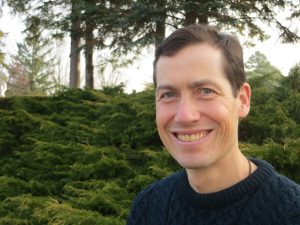
Greg Kennedy, SJ
Today, it’s the young Jesuit poet, Greg Kennedy. His poetry appears regularly in igNation. A Jesuit since 2006 and a priest since 2015, Dr. Greg Kennedy is a member of the team of spiritual directors at the Ignatius Jesuit Centre in Guelph.
KB: Let’s start with a question I’m asking everyone in this series. Can you tell me about the first time you ever saw a work of yours in print? What was that experience like, seeing something you have written in print for the first time?
GK: I have to say the thrill still drives me. There’s nothing quite as exciting as seeing one’s own work in print because it takes on a life of its own. It becomes some else’s reality.

Source: vocamuspress.wordpress.com
To see, for the first time, the interior exteriorized and in someone else’s hands was brilliant. It’s not like adrenalin was pumping through my system, but there was something almost mystical about it, realizing that part of me was now part of someone else.
KB: Many writers follow special rituals when they write, using certain pens, or special notebooks – you know, the paper kind. Do you have any such rituals?
GK: For the poetry I write, this has become part of my prayer. I used to write it at night, but now it’s always in the morning. As soon as I wake up I sit myself down, usually in the lotus position, and pray for an hour.
If the situation is right and I am somehow connected with God, then something will come. During that hour, usually toward the latter part of the hour, I will write something down.
As for note-books, right now I am using an old agenda that was given to me by a friend, a 2015 agenda. Many of the pages are blank and I’m using that agenda as my poetry book. I’ll fill that up until I seek another book. I write the prayer – the poem – in the morning, and before I go to bed I’ll read it again. Sometimes, I pray for one for the next morning when I awake and then I see what happens. I don’t force it.
There are days when nothing happens. For example, when I’m travelling I find it much harder to write. I need a kind of stability, a somewhat monastic routine. If that routine changes, for whatever reason, I find it more difficult to write.
KB: Interesting that you use the word “monastic”. I know this is more than a metaphor for you because living in a monastery has a place in your biography. Tell me about that.
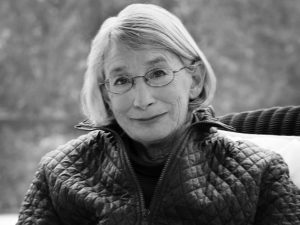
Mary Oliver. Source: literaryarts.org
GK: I’ve always been drawn to the contemplative, quiet, rural life and that’s what’s usually found in a monastery. I did feel that this was my calling, to live somewhat apart from the hustle and bustle of the world. But when I tried it out [in a Cistercian monastery] I quickly realized that, maybe not hustle and bustle all the time, but at least some sort of connection is what is required.
That word, connection, is figuring more and more in my psyche these days. Being connected is to be alive. I am trying to find out what connects me and to foster those connections, those aspects that help me to connect. When I was in the monastery I came to realise that that kind of separateness from the world would not be very helpful for me. That’s when I turned to the Jesuits because they are very much involved with the world.
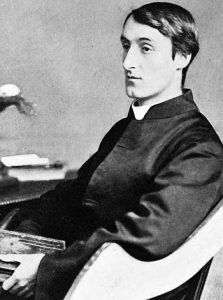
Gerard Manley Hopkins, SJ. Source: en.wikipedia.org
KB: Can you tell who the writers are who have influenced you most?
GK: Thomas Merton was one of the biggest influences, both his poetry and his exploration of Eastern religion. He looms very large, although I haven’t read him in quite a while. I do try to read poetry whenever I can: Mary Oliver, Wendell Berry, and Gerard Manley Hopkins.
For a while there I was on an exclusive Shakespeare diet, going through all his plays. But these days I’m going through Lorca – in Spanish. And there’s a local writer, James Clarke, who lives here in Guelph. He’s a remarkable poet. He writes with surprising detail and there’s a great tenderness to his work.
[For more on Greg Kennedy’s approach to writing poetry, click HERE
KP: Tell me about the influence of Ignatius on your writing.
GK: I think that Ignatius tells us that the more we know ourselves the more we know God. That’s the whole point of the Examen. We get closer to God by understanding ourselves, by becoming more and more transparent to ourselves. Through our own transparency we see God.
Fundamentally, that really is why I write: to try and understand myself a little more and to see how God is in these – I wouldn’t say transparent just yet – but at least these translucent parts of my self. And see a little bit of God shining through.
KB: What books are on your bedside table right now?
GK: The Glass Cage: Automation and Us by Nicholas Carr (2014), it’s about automation, not just in factories but in the technology around us. Then there’s Thich Nhat Hanh’s Going Home – Jesus and Buddha as Brothers (1999). And then I am also reading, once again, Teilhard de Chardin’s The Divine Milieu (1957/1960).
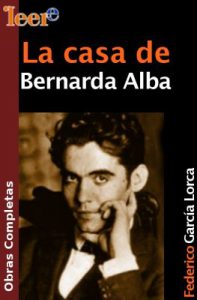
Frederico Garcia Lorca. Source: pinterest.com
KB: Is there any fiction on that table?
GK: Because of my ongoing studies at the Javeriana University in Bogotã I’m reading exclusively Spanish language fiction these days, just to keep my Spanish up. These are books I pick up from the library and can read while I’m on my stationary bicycle.
[To hear more about the work that Greg Kennedy does at Ignatian Jesuit Centre in Guelph, click here.




No Comments